The Obsessional Compulsive InventoryRevisedParent (ChOCIRP) is a 32item measure assessing the presence and severity of Obsessive Compulsive Disorder (OCD) in children and adolescents aged 717 years This measure is completed by a parent There is an alternative selfreport version for the child The scale is useful in the diagnosis of childhood OCD and toFamily Relationship Index Permission to reproduce a copy of the scale was not obtainable because copyright does not allow the full scale to be reproduced To purchase a copy and obtain permission to use the Family Relationship Index, contact Mind Garden, Inc 855 Oak Grove Avenue Suite 215 Menlo Park CA USA Telephone (650) 322 6300Spouse/ParentingPartner Relationship Health The Child and Parent scales are combined to form the Total Stress Scale In addition, a Life Stress Scale provides information about outside stress factors A Short Form (PSI4SF), composed of 36 items from the full inventory
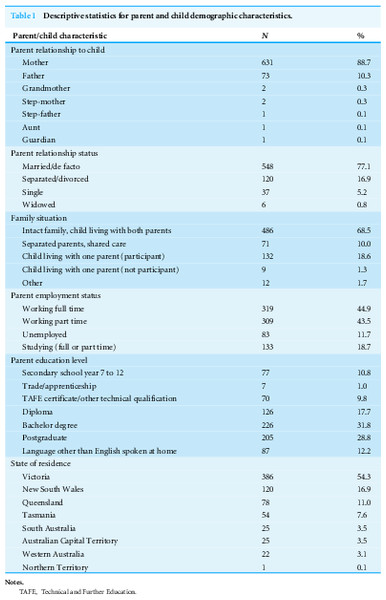
The Parenting To Reduce Adolescent Depression And Anxiety Scale Assessing Parental Concordance With Parenting Guidelines For The Prevention Of Adolescent Depression And Anxiety Disorders Peerj
Parent child relationship inventory scoring
Parent child relationship inventory scoring-The ParentChild Relationship Inventory (PCRI) is an instrument for parents to assess their relationship with their children The instrument, which contains 78 items, has been standardized on over 1,100 parents in the United States The PCRI can be completed in 15 to minutesThe Inventory of Parent and Peer Attachment Individual Differences and Their Relationship to Psychological WellBeing in Adolescence October 1987 Journal of



1
The CAP Inventory is a caretakerreport measure developed to estimate the risk of a parent physically abusing a child The test consists of 160 questions with a total of 10 standard scales and 2 special scales (added to the measure in 1990) The 10 standard scales include a 77item Child Abuse Scale and 3 validity scalesThe Pianta ChildParent Relationship Scale (CPRS) is a selfreport instrument completed by mothers and fathers that assesses parents' perceptions of their relationships with their sons and daughters It is very widely used selfreport instrument and taps into both positive and negative aspects of the parentchild relationshipDeveloped by the authors of the BASC2, the Parenting Relationship Questionnaire (PRQ) is designed to capture a parent's perspective on the parentchild relationship The PRQ has two forms which can be completed in 1015 minutes by the mother, father or other primary caregiver Preschool (ages 25) Child and adolescent (ages 618)
TOPIC Term Paper on ParentChild Relationship Inventory the Need for an Assignment The PCRI may be hand scored, scored with a computer program, or sent to the test publisher for scoring Marchant and Paulson (10) explain that the scores are based on a sample of over 1,100 parentsMeasures of Parent/Child Ties Over time, assessments of parentadult child ties have varied in content and structure While many types of assessments may be useful, researchers who wish to measure multiple aspects of the parentadult child tie may seek a measure of relationship qualities specific to this tie Therefore, measures tapping solelyWithin the Child Domain, six subscales (Distractibility/Hyperactivity, Adaptability, Reinforces Parent, Demandingness, Mood, and Acceptability) evaluate sources of stress as gathered from the parent's report of child characteristics Within the Parent Domain, seven subscales (Competence, Isolation, Attachment, Health, Role Restriction, Depression, and Spouse/Parenting Partner Relationship) measure sources of stress related to parent
The Relationship Inventory Forms and Scoring Keys Appendix 1 This appendix includes all the principal forms and adaptations of the BarrettLennard Relationship Inventory (BLRI), presented in their entirety and with the relevant scoring keys child respondents in varied kinds of relationships follows in this cluster and shares the same The relationship processes involved may depend on where the risk resides in the child (eg developmental disability, prematurity, behavior problems), the parent (eg psychopathology), or theRelationships, which exist when a child initiates positive interactions and responds positively to initiations by the parent This secure relationship is important because parents act as emotional coaches for their children Denham et al (1994) found that the more time a parent spends talking with their child and explaining social and



Www Jstor Org Stable



Www Bristol Ac Uk Media Library Sites Sps Documents C Change Cprs Pdf
ParentChild Interaction Observation Benchmark Measure 10 ParentChild Interaction Programs may select from the following list of validated observation tools Home Observation for Measurement of the Environment (HOME) o Infant/Toddler Inventory, 3rd Ed (birth to 3 years) o Early Childhood (Ages 36)Of the parentchild relationship measures, the most commonly used measures were the Parenting Stress Index (PSI) and the Child Abuse Potential Inventory (CAPI) Table 2 displays the parental practices and discipline measuresChild's Name Eyberg Child Behavior Inventory TM Parent Rating Form by Sheila Eyberg, PhD Today's Date Child's Date of Birth Relationship to Child Child's Gender Directions Below are a series of phrases that describe children's behavior Please (1) circle the number describing how



Core Ac Uk Download Pdf Pdf




Table 1 From Validation Of The Mothers Object Relations Scales In 2 4 Year Old Children And Comparison With The Child Parent Relationship Scale Semantic Scholar
Further, poor quality interactions among parents and children may lead to developmental problems and mental health issues (Letourneau, Drummond, Fleming, Kysela, McDonald, & Stewart, 01) Further, previous studies suggest a strong association between the parentchild relationship and children's mental healthAbstract Psychometric properties of the ParentChild Relationship Inventory (PCRI) were examined using data collected from adolescents and their parents in the Fullerton Longitudinal Study Results revealed acceptable internal consistency for most scales and moderate to high 1year stability for all scales Both parents' PCRI scores correlated with their views of family climateScoring the tool We want a low score to signify a low level of stress, and a high score to signify a high level of stress Parental Stress Scale The following statements describe feelings and perceptions about the experience of being a parent Think of each of the items in terms of how your relationship with your child or children typically is




Pdf Development Of The Parent Adult Relationship Questionnaire Parq Semantic Scholar




Parent Child Relationship Inventory Pcri
4 This child is uncomfortable with physical affection or touch from me 5 This child values his/her relationship with me 6 When I praise this child, he/she beams with pride 7 This child spontaneously shares information about himself/herself 8 This child easily becomes angry at me 9 It is easy to be in tune with what this student isParent Child Relationship Scale by P Nalini Rao (Hindi/English) The scale contains 100 items categorized into 10 dimensions namely protecting, symbolic punishment, rejecting, object punishment, demanding, indifferent, symbolic reward, loving, object reward and neglectingThe implications of the adult child and parent relationship for adult mental health has been relatively neglected in the adult psychopathology literatureThe Parent AdultChild Relationship Questionnaire (PACQ) was developed out of a need to identify key themes in this filial relationship, and construct a valid measure for its assessment, that is simple to administer and score




Pcri Parent Child Relationship Inventory



Citeseerx Ist Psu Edu Viewdoc Download Doi 10 1 1 6 5235 Rep Rep1 Type Pdf
Software Scoring Designed for use with mothers or fathers of 3 to 15yearold children, the ParentChild Relationship Inventory (PCRI) gives you a clear, quantified description of the parentchild relationshipParentChild Relationship Inventory The PCRI is a parent selfreport measure of parenting skill and attitudes toward parenting and towards their children The measure yields scores on 7 content scales 1) Parental Support, 2) Satisfaction with Parenting, 3) Involvement, 4) Communication, 5) Limit Setting, 6) Autonomy, and 7) Role OrientationLimit setting I have trouble disciplining my child (reverse scoring) Autonomy Parents should protect their children from things that might make them unhappy (reverse scoring) Role orientation Women should stay home and take care of the children (reverse scoring) (check all that apply) Notes (additional scales and domains) There is no PCRI
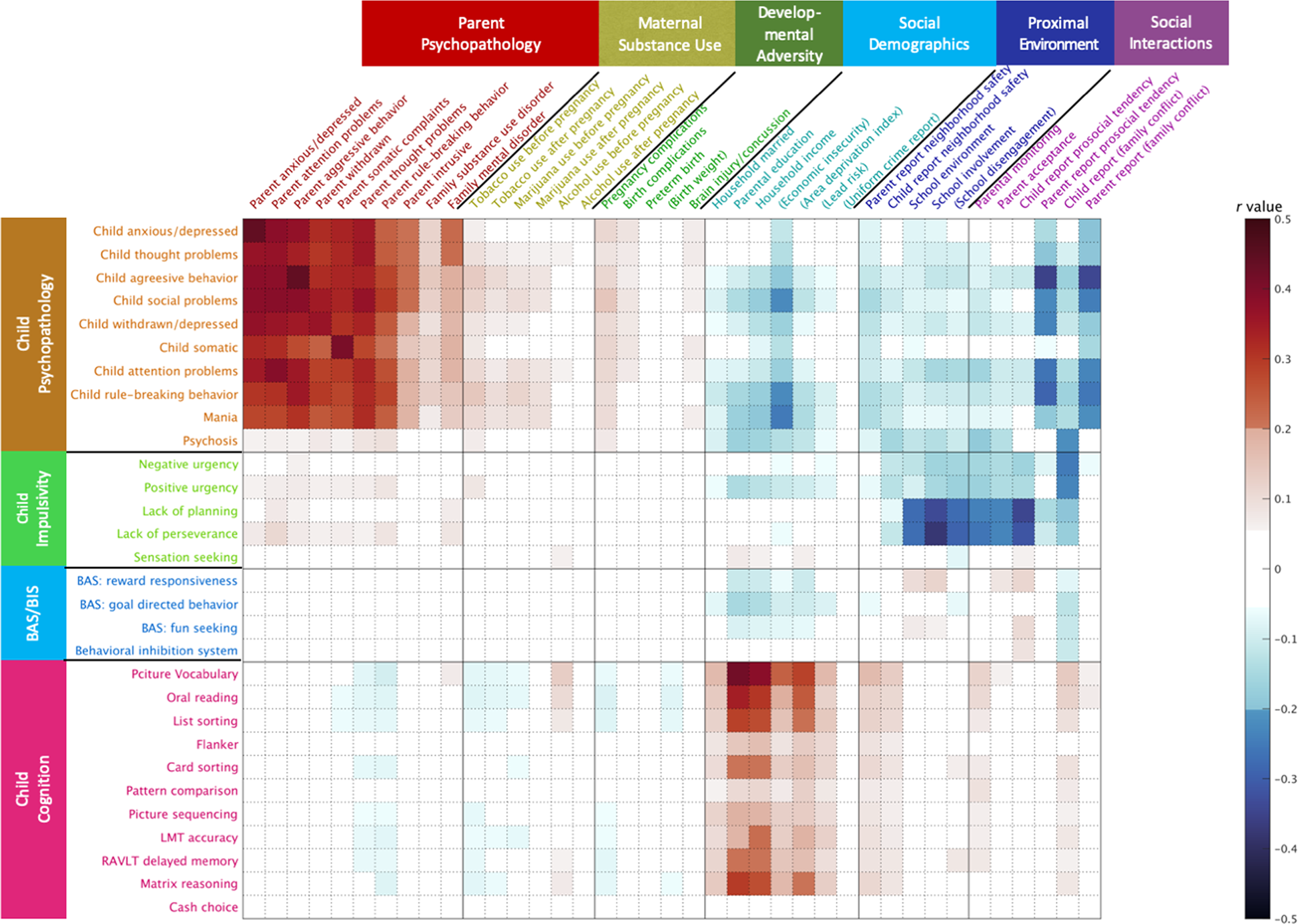



Parental And Social Factors In Relation To Child Psychopathology Behavior And Cognitive Function Translational Psychiatry



Child Parent Interactions In American And Turkish Families Examining Measurement Invariance Analysis Of Child Parent Relationship Scale
CHILDPARENT RELATIONSHIP SCALE Scoring Guide Sum the items as noted;Each question has a score from 1 – 5 To establish the mean, divide the sum by the number of questions in that section Conflicts 2 seem to be struggling with each other 12 easily becomes angry with meThe ParentAdultChild model the basics Based on his observations of people in his own clinical practice in the nineteen fifties, the psychologist Eric Berne developed the idea that people can switch between different states of mind—sometimes in the same conversation and certainly in different parts of their lives, for example at work and




Top 50 Parent Survey Questions For Questionnaires Questionpro




The Association Between Parent Child Relationship And Child Loneliness Semantic Scholar
(MAT)17, 18 (parent report) X Dyadic Adjustment Scale (DAS)19 (parent report) X Marital Satisfaction InventoryRevised (MSIR) (parent report) X ParentChild Relationships (Parenting) Revised Child Report of Parental Behavior Inventory (CRPBI30)21 (self report by ages 8) X Inventory of Parent and Peer AttachmentE–7 A RESOURCE FOR EVALUATING CHILD ADVOCACY CENTERS Child Anxiety Scale—Parent Form (Beauchamp, Tewksbury, and Sanford 1997) Please answer the following questions about how you think your child has been feeling since he or she told you about the abuseTRAUMA SCREENING AND ASSESSMENT TOOLS FOR CHILDREN AND ADOLESCENTS Name of the Instrument Author Domains Assessed Age Format (self report, lab, observation, other) Training Required Where To Obtain Cost Traumatic Events Screening Inventory for Children – Brief Form (TESI‐C‐ Brief) & Parent Report
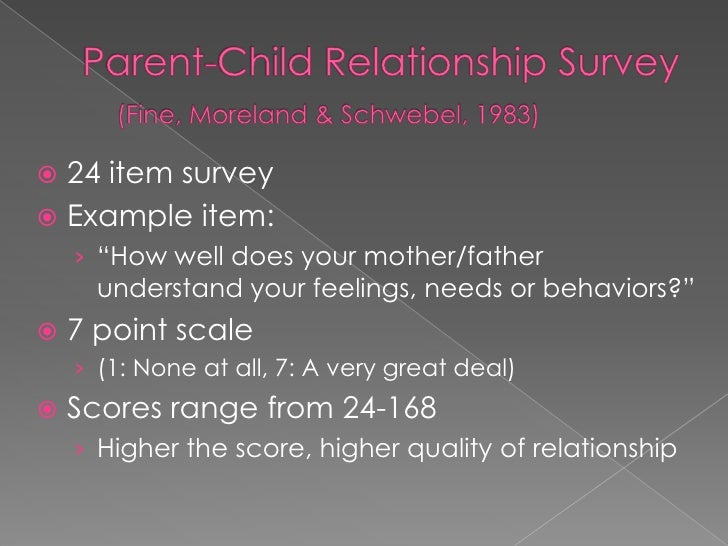



Percieved Marital Conflict Residential Status And Parent Child



Basc 3 Forms Age Ranges And Item Counts
40 items—qualities found in the parent–child relationship—five factors personal relationship–companionship and intimacy, warmth–nurturance and affection, disciplinary warmth–praise, prosocial behaviours and shared decisions making, power assertion—quarrelling and forceful punishment and possessiveness–control and protectiveness 43The ParentChild Relationship Inventory (PCRI) is a 78item selfreport instrument designed to measure mothers' and fathers' perceptions of their relationship with an individual child and their attitudes about being parentsThis unique selfreport inventory tells you how parents view the task of parenting and how they feel about their children Designed for use with mothers or fathers of 3 to 15yearold children, the PCRI gives you a clear, quantified description of the parentchild relationship And it identifies specific areas in which problems may occur




Questionnaire Measures Of The Parent Child Relationship Download Table




Summary Of Subscale Results In The Parent Child Relationship Download Table
This unique selfreport inventory tells you how parents view the task of parenting and how they feel about their children Designed for use with mothers or fathers of 3 to 15yearold children, the PCRI gives you a clear, quantified description of the parentchild relationship And it identifies specific areas in which problems may occurThe ParentChild Relationship Inventory (PCRI) is one of the most used instruments in child custody contexts, and it is also designed for clinical and research usages This study aimed toParenting Stress Index– Short Form Guide (PSI/SF) Purpose The PSI is a selfreport screening tool that helps providers and families identify the sources and different types of stress that come with parenting Parents report their level of agreement with 36 items that fall into three subscales



Www Mdpi Com 76 0760 3 1 84 Pdf



Http Oldgrt Lbp World Uploadeddata 575 Pdf
Purpose To assess parent attitudes toward parenting and their child Age 315 years Time 15 minutes Administration Individual and group Format Hardcopy;The affective, cognitive, and behavioural relationship between a parent and child that results in feelings of closeness, empathy, and understanding on the part of the parent for the child Communication The quality of information exchanged between the parent and child and the parent's listening skills that promote a trusting relationshipGerard, 1994) A 78item questionnaire that assesses parents' attitudes toward parenting and toward their child Scores were obtained for five content scales (ie, Parental Support, Satisfaction with Parenting,



1




Summary Of Subscale Results In The Parent Child Relationship Questionnaire Download Table
Assessing Parent Strengths and Family Connections Resources for screening and assessing parenting strengths and family connections Describes the process of assessing parenting capacity and highlights aspects of good practice drawn from research literature and guidance on the topic Provides information on Oregon's family assessment toolThe ChildParent Relationship Scale (CPRS) is an instrument developed at University of Virginia's Curry School of Education and Human Development that assesses parents' views of their relationship with their child Created by Dr Robert Pianta, PhD, the instrument consists of 30 items There is also a short form with 15 items availableParentchild relationship schema scale 1 Introduction Social scientists, children and parents have been trying to understand the parentchild relationship in all of its age related permutations for decades While there is considerable research on many aspects
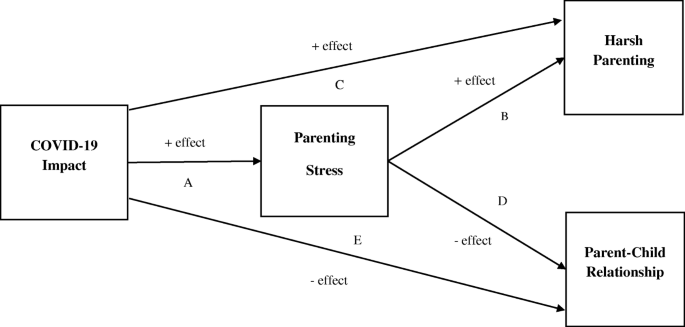



Mediating Effects Of Parental Stress On Harsh Parenting And Parent Child Relationship During Coronavirus Covid 19 Pandemic In Singapore Springerlink



The Existence Of Parenting Styles In The Owner Dog Relationship
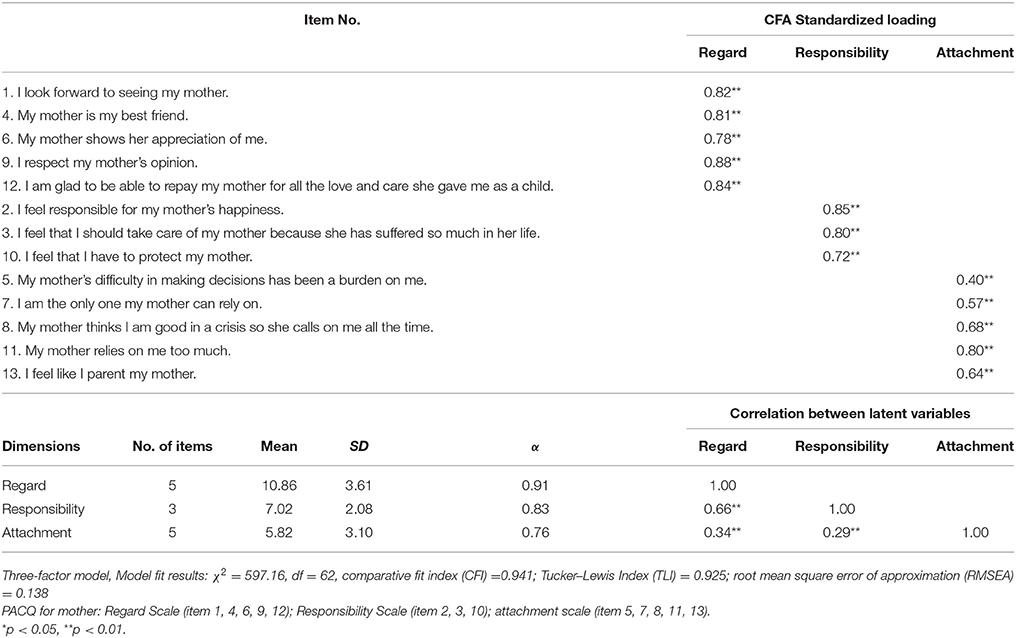



Frontiers Factor Structure Of The Chinese Version Of The Parent Adult Child Relationship Questionnaire Psychology




The Parenting To Reduce Adolescent Depression And Anxiety Scale Assessing Parental Concordance With Parenting Guidelines For The Prevention Of Adolescent Depression And Anxiety Disorders Peerj
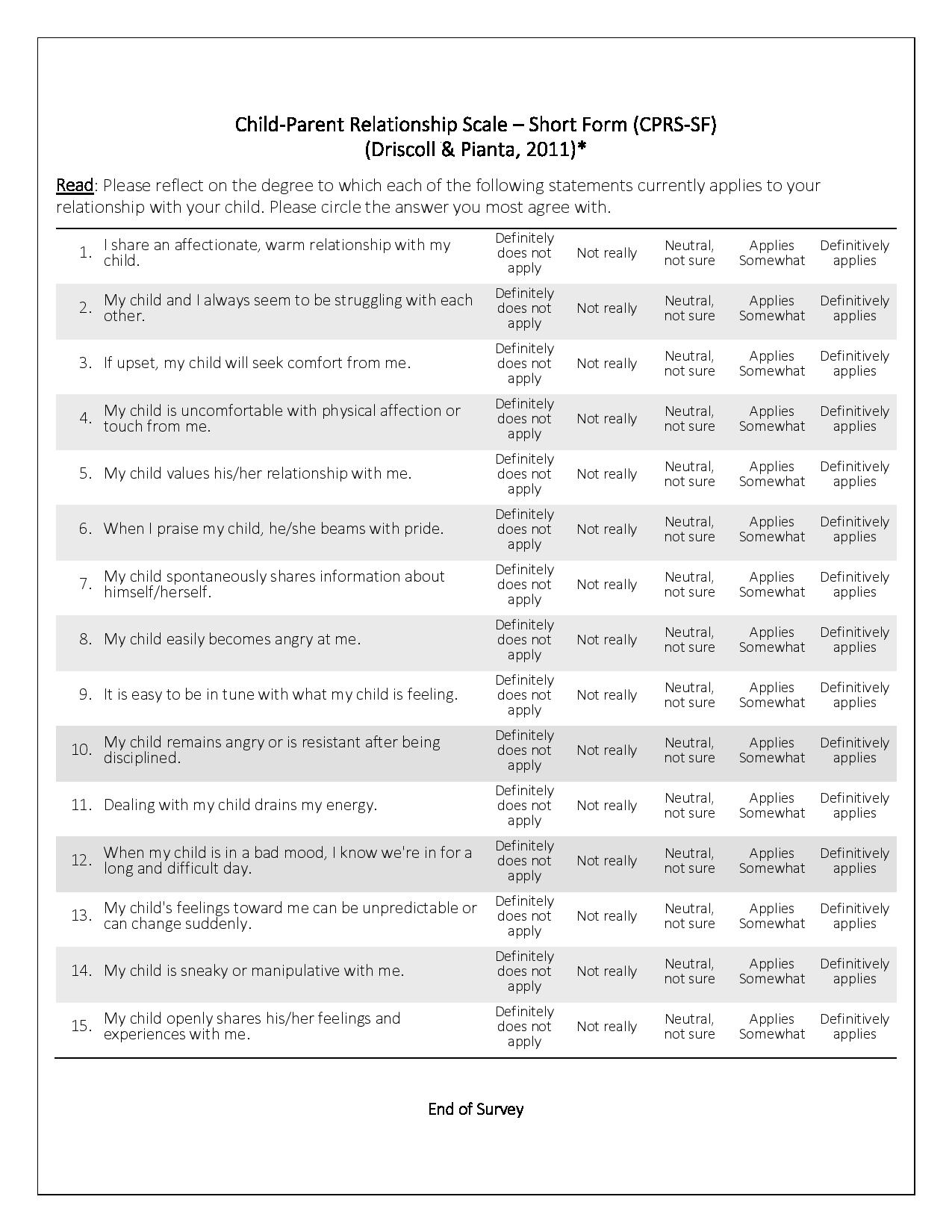



Frpn Measurement Resources Fatherhood Research And Practice Network
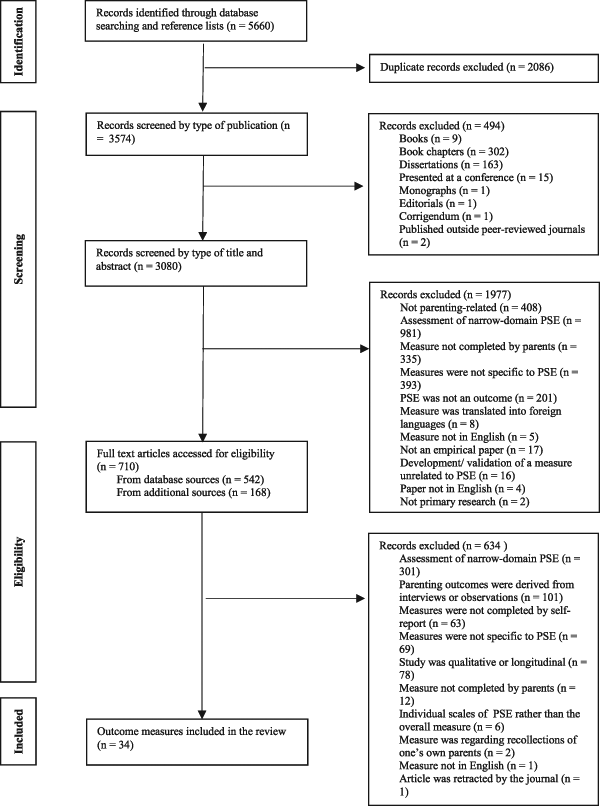



Self Report Measures Of Parental Self Efficacy A Systematic Review Of The Current Literature Springerlink



Www Binasss Sa Cr Agocovid 8 Pdf
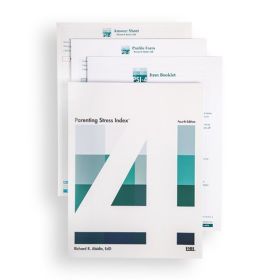



Pcri Parent Child Relationship Inventory




Development And Initial Validation Of The Parent Behavior Inventory



Children With Autism In Taiwan And The United States Parental Stress Parent Child Relationships And The Reliability Of A Child Development Inventory Page 58 Unt Digital Library
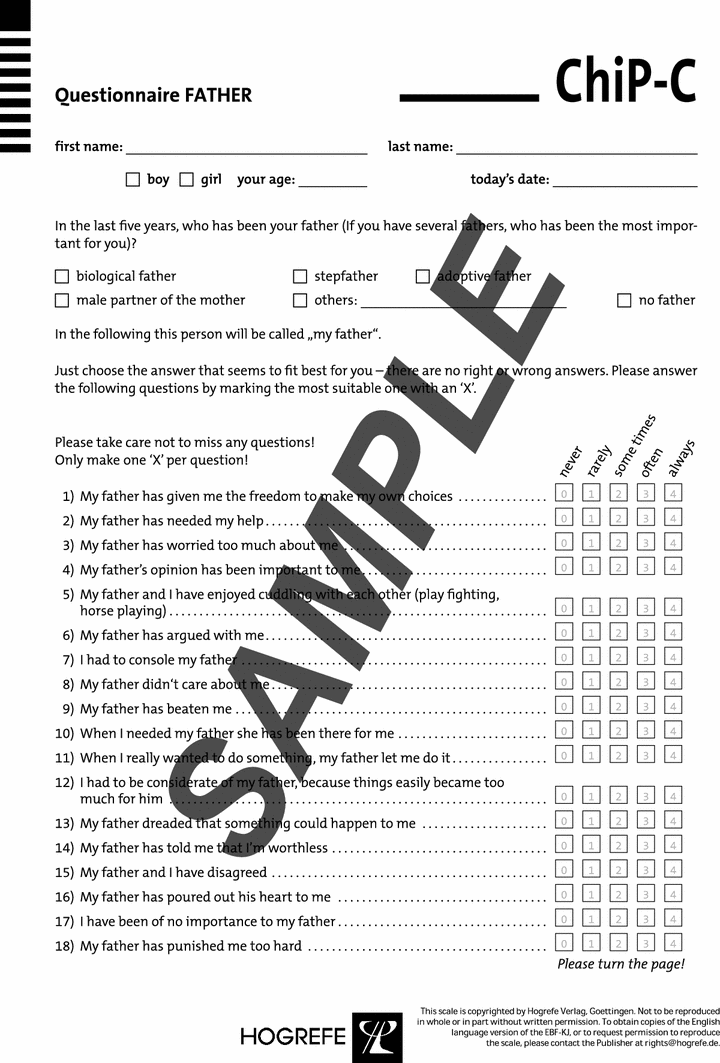



Assessing The Quality Of The Parent Child Relationship Validity And Reliability Of The Child Parent Relationship Test Chip C Springerlink
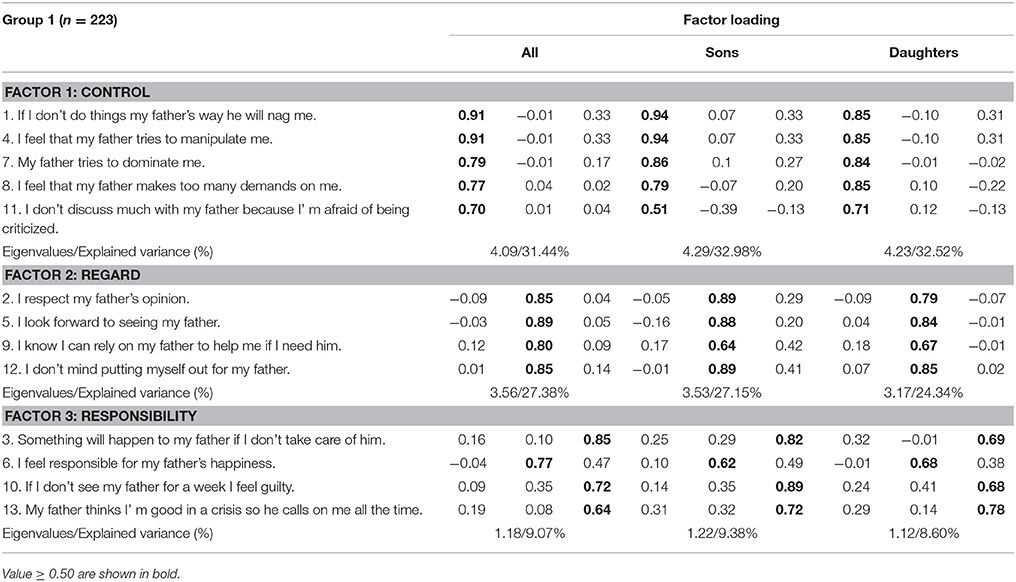



Frontiers Factor Structure Of The Chinese Version Of The Parent Adult Child Relationship Questionnaire Psychology



Parent Child Discrepancies In The Report Of Adolescent Emotional And Behavioral Problems In Taiwan



1



Www Ojp Gov Sites G Files Xyckuh241 Files Media Document 1925 Appe Pdf



Children With Autism In Taiwan And The United States Parental Stress Parent Child Relationships And The Reliability Of A Child Development Inventory Page 31 Unt Digital Library



Plos One The Neural Influence Of Autobiographical Memory Related To The Parent Child Relationship On Psychological Health In Adulthood




Parent Child Relationship Inventory Pcri Pearson Assessment
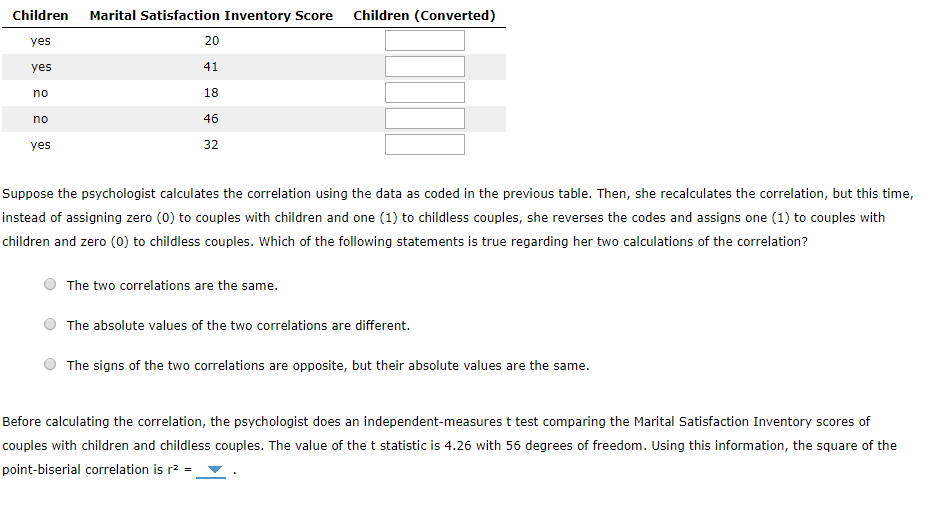



9 The Point Biserial Correlation Suppose A Clinical Chegg Com
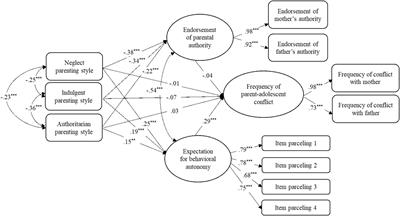



Frontiers Parenting Styles And Parent Adolescent Relationships The Mediating Roles Of Behavioral Autonomy And Parental Authority Psychology




Comparative Reliability And Validity Of Parent Adolescent Download Table




Mean Score And Standard Deviation Of Child Parent Relationship For Download Table




Use Of A Parent Questionnaire In Emergent And Early Literacy Assessment Of Preschool Children Language Speech And Hearing Services In Schools




Impact Of Parenting Practices On Parent Child Relationships In Children With Specific Learning Disability Karande S Kuril S J Postgrad Med
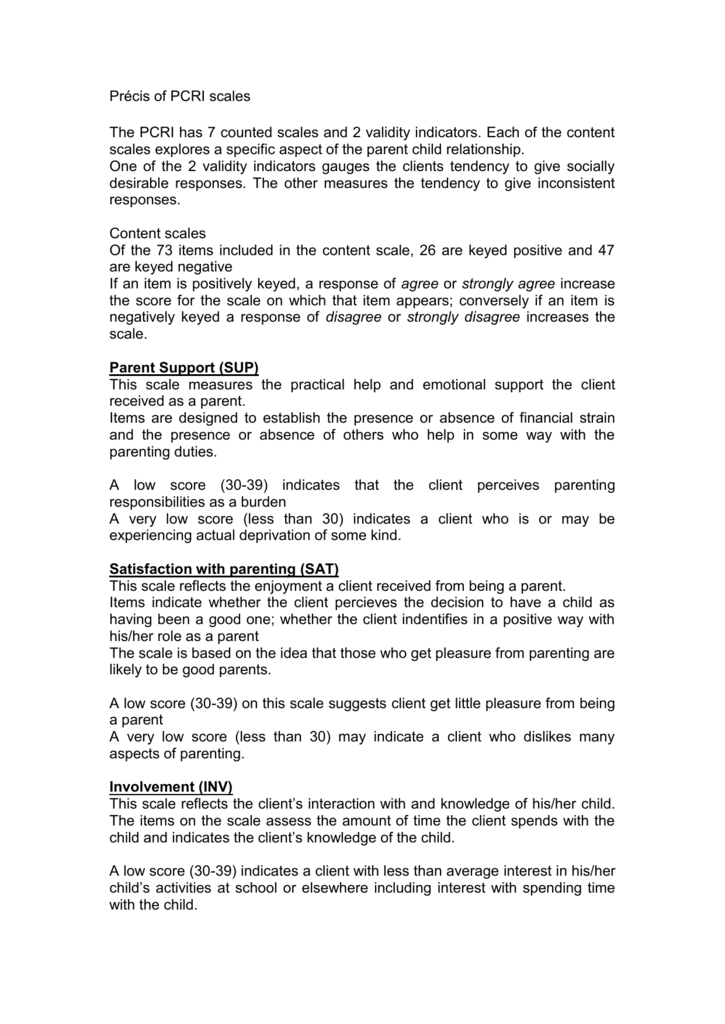



Pcri Precis




Pdf Tool 2 Modified Child Parent Relationship Scale Semantic Scholar




Pdf The Parent Caregiver Relationship Scale A Measure Of The Adult Relationship In Infant Child Care
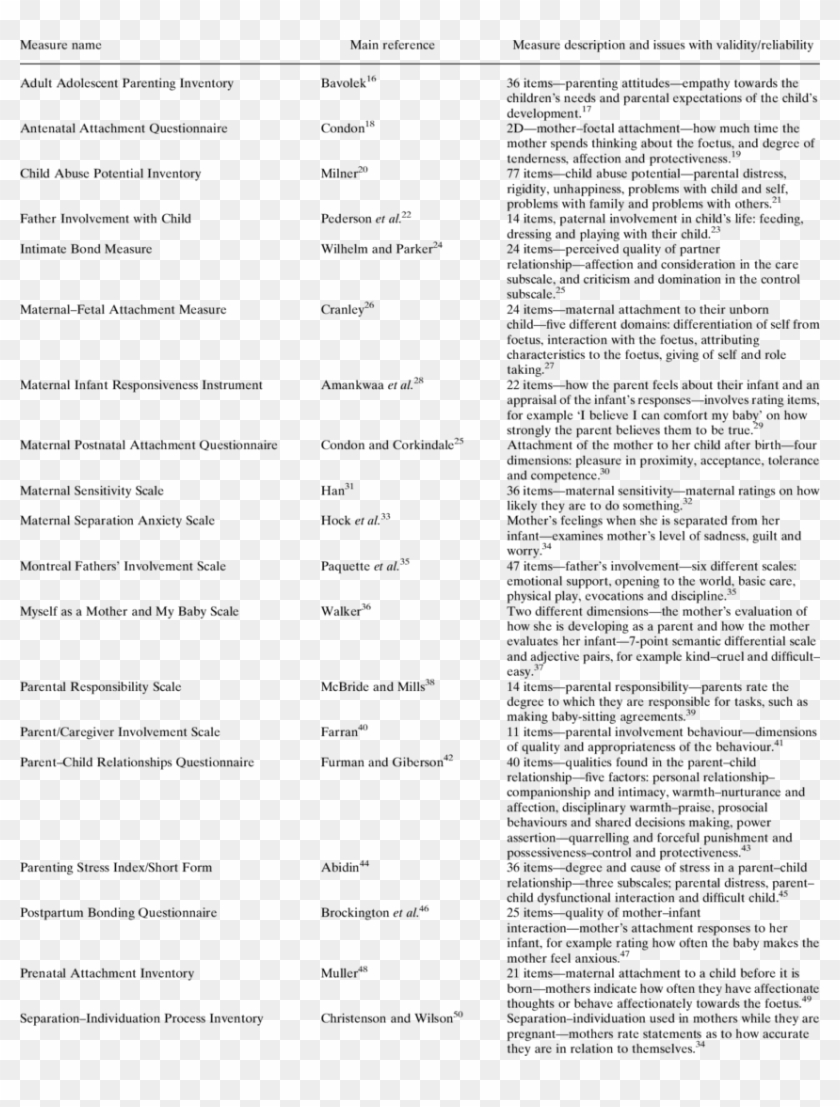



Questionnaire Measures Of The Parent Child Relationship Parent Child Relationship Questionnaire Clipart Pikpng




Child Parent Relationship Scale



Http Www Healthscotland Scot Media 2240 Appendix E Scales F M Review Of Scales Of Positive Mental Health Pdf



Www Jstor Org Stable



Www Binasss Sa Cr Agocovid 8 Pdf




Parent Problem Checklist Ppc Research On Parents And Children



Relationships Between Recalled Parent Child Relations And Adult Level Decision Making Style Page 47 University Of Southern California Dissertations And Theses Usc Libraries Digital Collections



Core Ac Uk Download Pdf Pdf
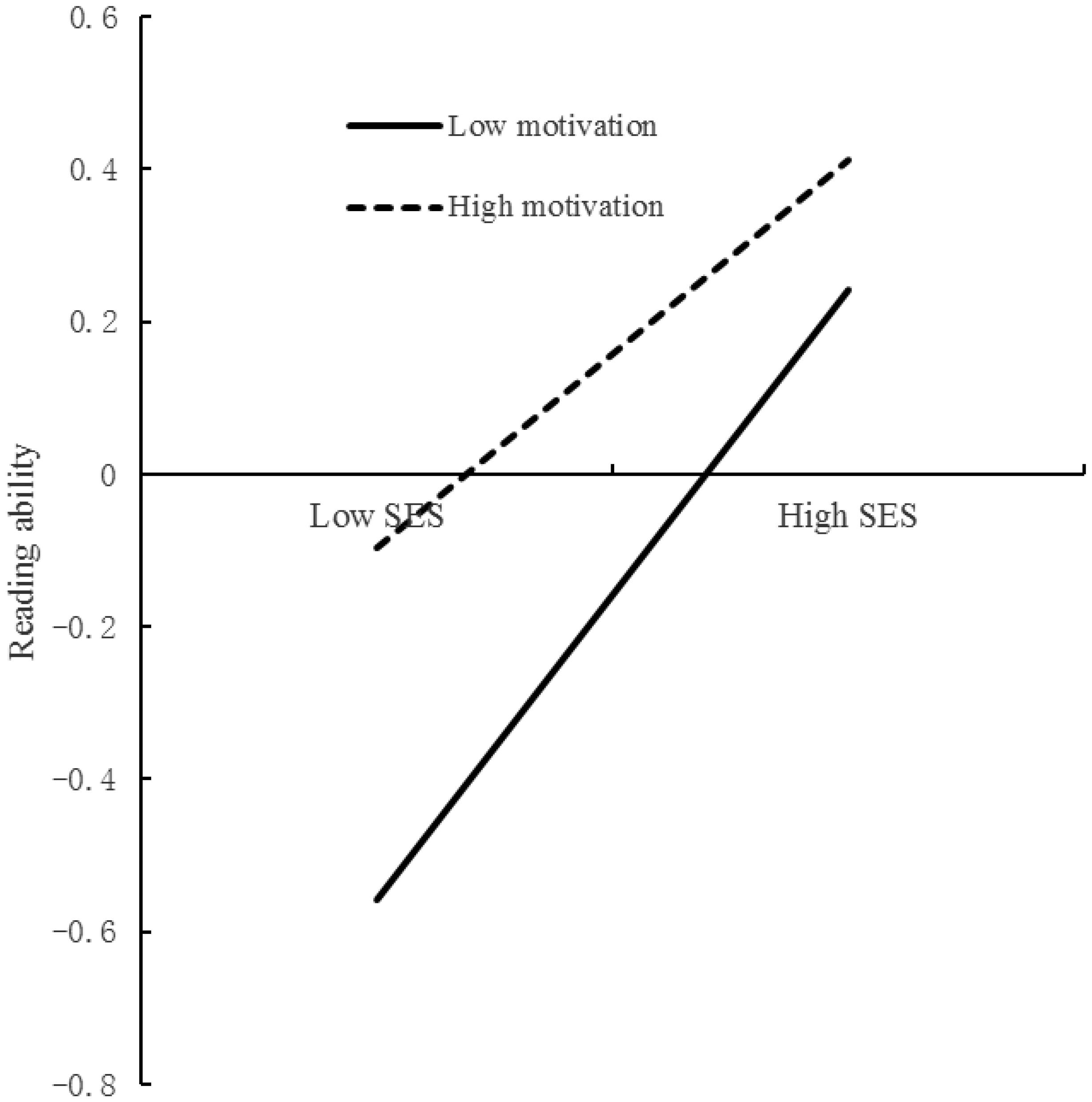



Frontiers Effects Of Socioeconomic Status Parent Child Relationship And Learning Motivation On Reading Ability Psychology
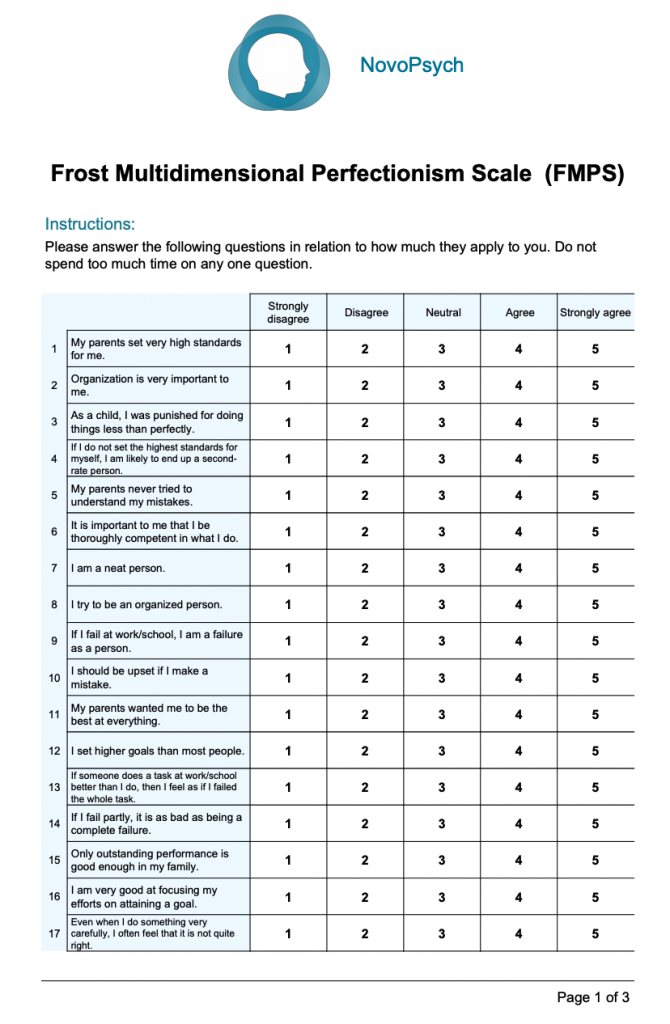



Frost Multidimensional Perfectionism Scale Fmps Novopsych



2
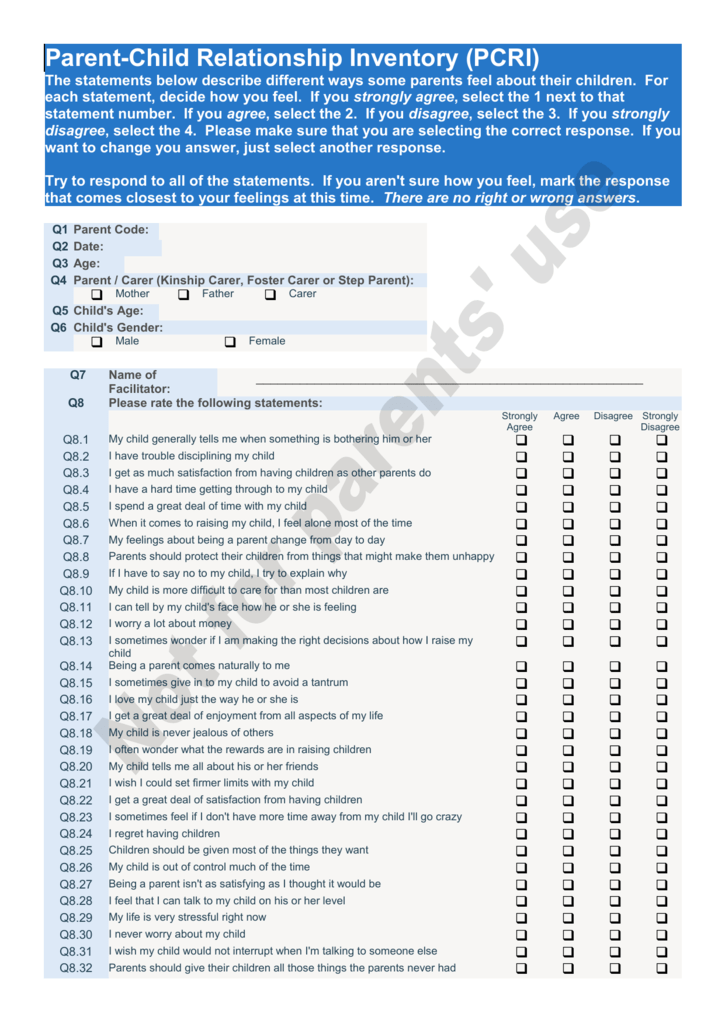



Parent Child Relationship Inventory Questionnaire



Full Article Parent Child Relationships And Offspring S Positive Mental Wellbeing From Adolescence To Early Older Age




Impact Of Parenting Practices On Parent Child Relationships In Children With Specific Learning Disability Karande S Kuril S J Postgrad Med



2




Development And Initial Validation Of The Parent Behavior Inventory



Www Jstor Org Stable
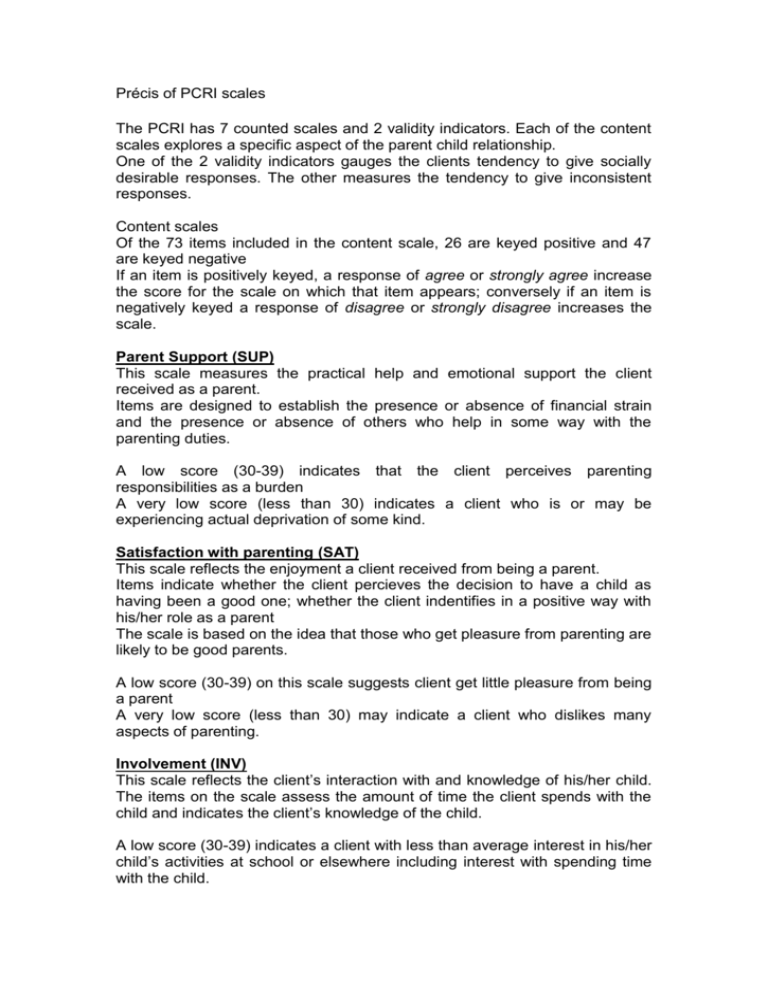



Pcri Precis




Training Blueprint Technology Professional And Student Professional Functioning Data Gathering And Storage Monitoring Student Performance And Progress Ppt Download




Pdf Assessing The Quality Of The Parent Child Relationship Validity And Reliability Of The Child Parent Relationship Test Chip C




Relationship Satisfaction Ras Greenspace Mental Health Knowledge Base



Files Eric Ed Gov Fulltext Ed Pdf



Www Alliancehealthplan Org Wp Content Uploads Pcit Sow 1 Pdf



Basc 3 Behavior Assessment System For Children 3rd Ed




An Evaluative Study Of The Impacts Of Storytelling Activities In Building Parent Child Relationship In Hong Kong Abstract No 1cw00 June 10 Ppt Download




Parent Child Interaction Therapy Current Perspectives Prbm




An Evaluative Study Of The Impacts Of Storytelling Activities In Building Parent Child Relationship In Hong Kong Abstract No 1cw00 June 10 Ppt Download



1




Impact Of Parent Child Relationship On Career Maturity Of The Adolescents Of Kolkata By International Educational Scientific Research Journal Issuu




The Parent Adult Child Relationship Questionnaire Docsbay




Table 3 From Validation Of The Mothers Object Relations Scales In 2 4 Year Old Children And Comparison With The Child Parent Relationship Scale Semantic Scholar




Questionnaire Measures Of The Parent Child Relationship Download Table



The Relationship Among Single Parents Parental Stress Empathy Level Of Acceptance Perceived Problems Of The Child And Child Gender And The Effect Of Filial Therapy Page 69 Unt Digital Library




Quality Of Parent Child Relationship As Measured By The Crowell Download Table




Pdf The Parent Adolescent Relationship Scale Sarah Garrett Academia Edu



1



Maternal Alcohol Use And Children S Emotional And Cognitive Outcomes In Rural South Africa



2



Www Svri Org Sites Default Files Attachments 16 01 13 Pcri 0 Pdf




Factor Structure Of The Chinese Version Of The Parent Adult Child Relationship Questionnaire Semantic Scholar




Child Parent Relationship Scale Pdf




Pdf Development Of The Parent Adult Relationship Questionnaire Parq Semantic Scholar




Pdf An Instrument To Investigate Expectations About And Experiences Of The Parent Child Relationship The Parent Child Relationship Schema Scale Semantic Scholar




Child Ptsd Symptoms Cpss 5 Greenspace Mental Health Knowledge Base



2
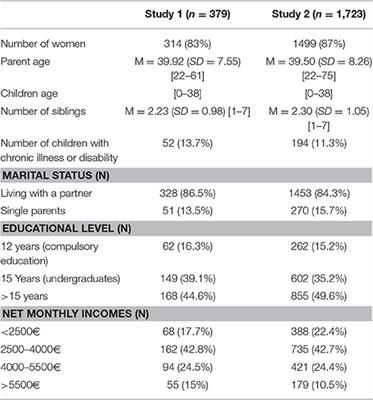



Frontiers Exhausted Parents Development And Preliminary Validation Of The Parental Burnout Inventory Psychology



2
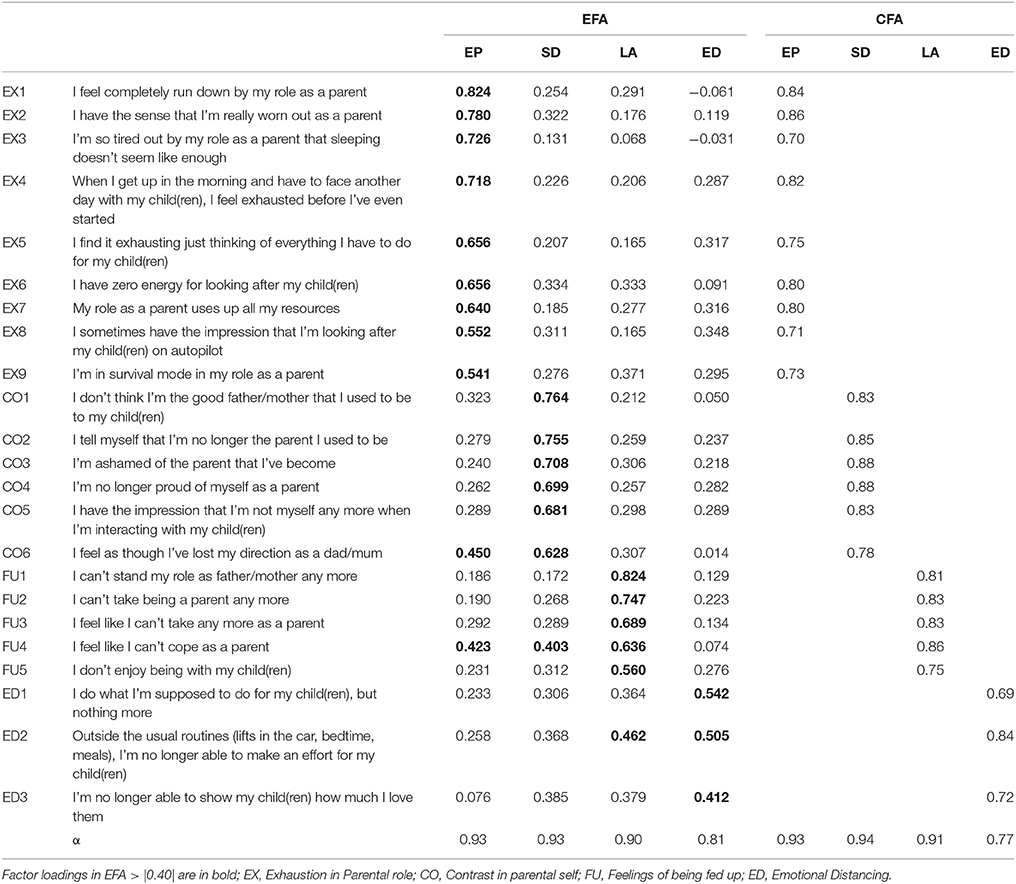



Frontiers A Step Forward In The Conceptualization And Measurement Of Parental Burnout The Parental Burnout Assessment Pba Psychology
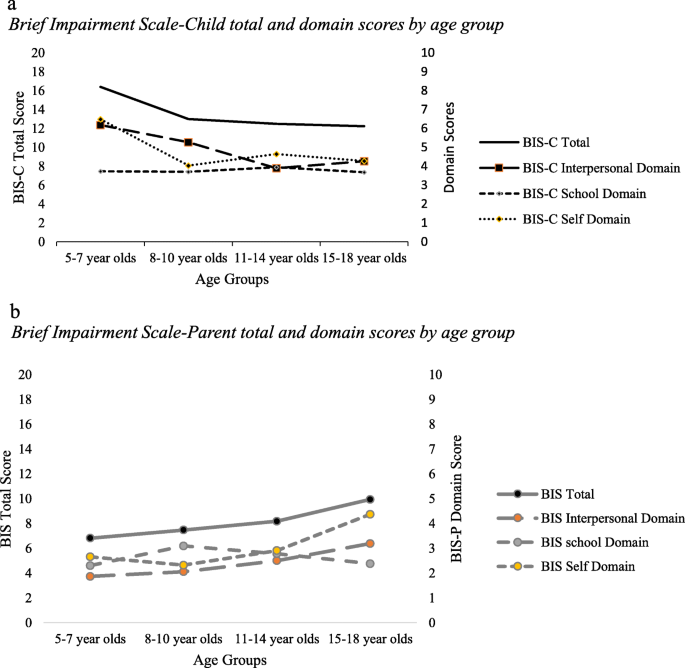



Self Reported And Parent Proxy Reported Functional Impairment Among Pediatric Cancer Survivors And Controls Health And Quality Of Life Outcomes Full Text




A Parent Report Scale Of Behavioral Inhibition Validation And Application To Preschool Age Children Who Do And Do Not Stutter Sciencedirect




Impact Of Parenting Practices On Parent Child Relationships In Children With Specific Learning Disability Karande S Kuril S J Postgrad Med




Child Ptsd Symptoms Cpss 5 Greenspace Mental Health Knowledge Base



Www Mdpi Com 1660 4601 17 1 275 Pdf
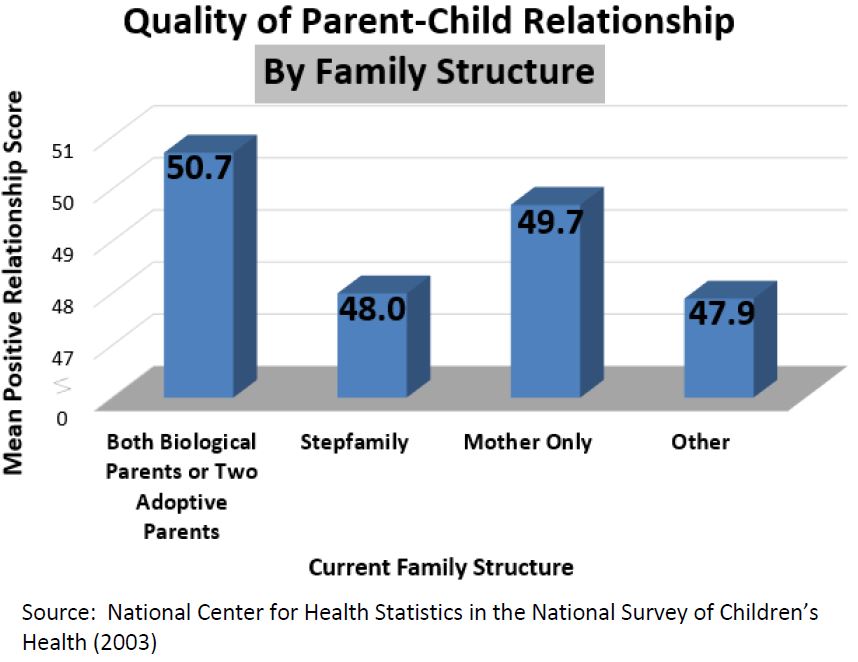



Quality Of Parent Child Relationship



Children With Autism In Taiwan And The United States Parental Stress Parent Child Relationships And The Reliability Of A Child Development Inventory Page 31 Unt Digital Library



Www Jstor Org Stable



Files Eric Ed Gov Fulltext Ed Pdf


